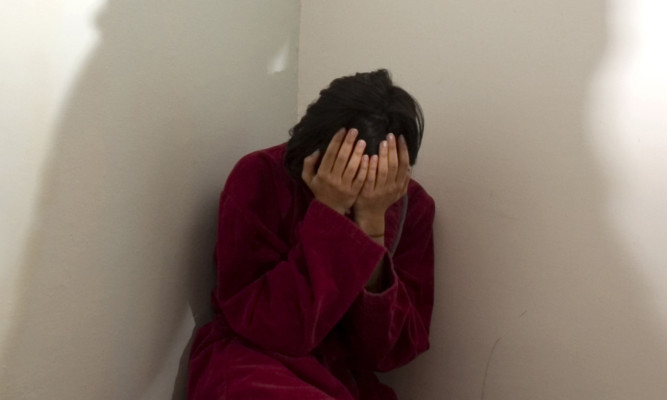A 24-hour support service for victims of rape was highly valued by those who used it, according to researchers.
Support to Report (S2R) was launched as a pilot scheme in Glasgow with the aim of providing a new model of advocacy support to help male and female victims and survivors at the initial stage of reporting rape to the police.
It was set up in December 2013 by Police Scotland and Rape Crisis Scotland through Scottish Government funding. It delivered advocacy support to 55 people between then and the end of November last year.
Researchers Dr Oona Brooks and Professor Michele Burman, both of the Scottish Centre for Crime and Justice Research (SCCJR) at the University of Glasgow, carried out an evaluation of the scheme.
Dr Brooks said: “The period following an initial report was described by victims/survivors as being characterised by stress, doubt and uncertainty about what may or may not be happening with their case.
“Advocacy support at this stage provided reassurance about the process and a sense of having someone ‘by their side’ who ‘knows what to do’.
“This was particularly valued given that most victims/survivors had little or no prior experience of the criminal justice system.
“This, in turn, influenced victims’/survivors’ ability to continue with the criminal justice process.”
Detective Superintendent Louise Raphael, of Police Scotland’s rape taskforce, said: “We recognise that, for many rape victims, reporting to the police can be a daunting prospect.
“The Support to Report project has proven to be invaluable to those who have used the service and has provided them with reassurance and support at a crucial time.
“If we are to continue to encourage victims to come forward, and provide them with the confidence to report, it is vital that we do all that we can to support them through the criminal justice process.”
The SCCJR evaluation found that although there was agreement about the value of S2R, there was also different views concerning the level and timing of advocacy support.
Dr Brooks added: “Variation in the level and timing of advocacy support required reflects the diverse circumstances and experiences of those accessing the service.
“This suggests that a victim/survivor-led approach is most beneficial in meeting the needs of those report rape.”
Katy Mathieson, Rape Crisis Scotland’s helpline manager, said: “Reporting crimes of sexual violence can be a daunting process.
“Having access to an independent advocate during the reporting stage and beyond offers survivors of sexual violence reassurance that their emotional and practical support needs will be met.
“Assisting survivors to cope with the criminal justice process is an important factor in enhancing their access to justice.”
